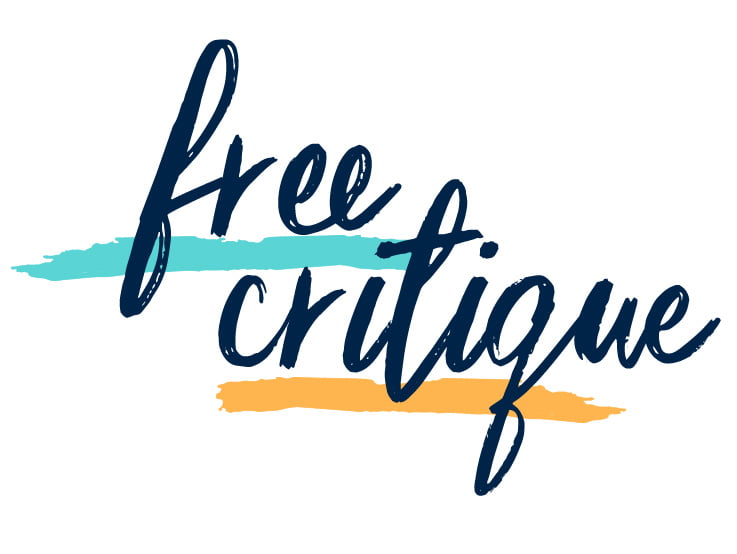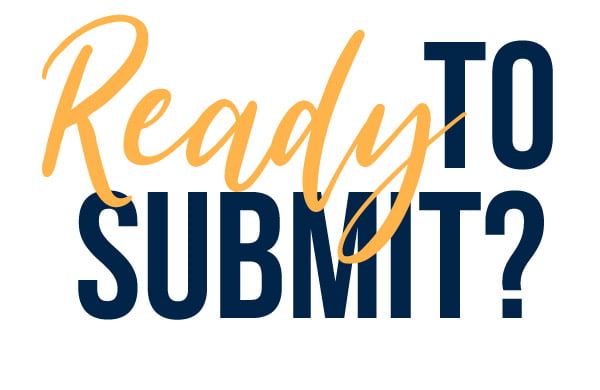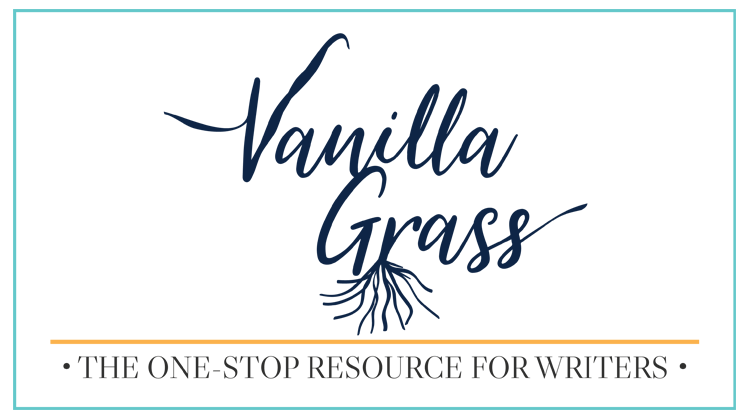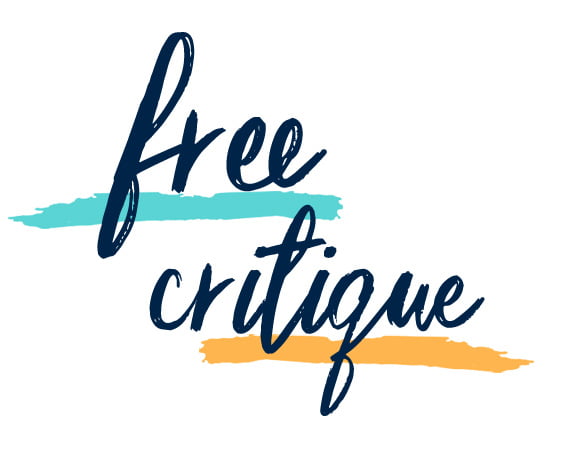
Here at Vanilla Grass, we want writers to succeed and we’re willing to sacrifice our time to help improve literature by coaching one author at a time. You can see why we care in our “Changing the World One Voice at a Time” post and this section on why first-pages matter.
If you’d like to submit your own document for critique, go to our Free Critiques page.
All submitted first pages are anonymous and we follow the same critique guideline on each.
Whether you submit or not, you can learn from the critiques we post. For a full list, click here. Each posted first-page has been read and evaluated by both Carolyn (C) and Dedra (D).
And sometimes, they don’t agree! But that’s why multiple opinions are so important. One reader might love what you write and another might not care for it. Same with editors. So read the commentary, and tailor it to what you’re seeking to accomplish with your manuscript!
Here at Vanilla Grass we approach critiques by asking if the author met certain criteria and by focusing on their strengths and weaknesses in a question, answer formatted response. At this time, we don’t focus on line-editing, as we believe it can distract from the more important issue of content quality.
First-Page #101
[Submitted Manuscript]
Can a soul feel pain?
I drew in a ragged breath and released a trickle of air. A few days ago my whole body ached like an elephant crushing me. Today was a crocodile day, with toothy jaws clamping down on my head. Bright sunlight streamed through the window of my hospital room. It burned red through my closed eyelids, sending shards through my temples. I groaned and turned away from the window before opening my eyes.
“Hey Ursula.”
“Yes Baylee? What can I do for you?” the bodiless voice of my virtual assistant answered louder than expected. I sucked in a sharp breath of air.
Like every other patient, I was assigned a virtual assistant on the day I was admitted. Unlike the other patients, I insisted on giving her a name. The arrangement spared the nurses from coming in to take care of things that could be automated. For me it meant some level of independence and having someone to talk to when it got lonely.
“Dim the window fifty percent.”
The glass darkened, providing relief from the bright light. I adjusted my position to lay on my back and focused my gaze on the white tiles of the ceiling.
“Ursula, raise the bed forty-five degrees.”
My head lifted with a soft hum. The sound was annoying, but not painful.
Every treatment over the last year left me feeling worse than the one before. This last round of chemo was especially brutal in its attack on my rebellious cells. Still, I had hope. Researchers had discovered cures for 137 different types of cancer in the past year. As bad as it was, this last treatment might be the cure for me.
Critique #101
Greatest strength:
C: I think your greatest strength is your imagery and voice. The shards of light, the descriptions of pain (especially the crocodile day), etc. really help draw the reader in and give your character a memorable voice.
D: Yes, yes, yes! I would keep reading this book. Your writing is excellent. I didn’t pause once to even think about editing. From the beginning, I felt emotions. The first line spoke to me of pain and I related that to my own. With a steady pace, you give me answer after answer.
Character development:
C: You fulfill the most crucial element for first pages: creating a connection between reader and your main character. In your case, it’s sympathy. You’re not too heavy-handed with it, though, so this works.
D: I love Baylee’s hope in the last line. I love that she names the robot. With her name, I’m thinking she’s younger. A hint somewhere on this page or maybe the next would be helpful.
Tension:
C: The tension is present, but not pressing. That could be okay, depending on how the rest of the book goes. If this is a thriller or gritty sci-fi, then it maybe could do with a bit more tension. If the pacing of your book stays pretty par for the course, this could be fine. There is a bit more exposition than necessary which cuts the tension of her pain.
D: The tension is emotional–will she find a cure. Will her pain ever end?
Emotions:
C: Pain is the primary emotion, with a hint of hope. If it weren’t for the character’s plucky voice, it might be too much. However, it currently strikes just the right balance.
D: Suffering and hope–my favorite combination.
Audience:
C: I’m assuming YA? If you don’t want to drop an age at this point, you have an opportunity to hint at with the (passive) line “I was assigned a virtual assistant the day I was admitted.” If you flip this to active and mention who admitted her, it could give us this missing piece. Parents? Siblings? The Nanny State? Herself? It also allows for a bit more world-building outside of the hospital room and virtual assistant.
D: Without an age for the main character, I’m not sure yet.
Genre:
C: Sci-fi, methinks. My clues being: the focus on cures and the futuristic tech.
D: Science fiction chick lit?
Triggers & Delays (Reasons to Keep Reading):
C: The hope of a cure is promising, though based on the tone, I’m expecting there not to be one. It is more the main character’s attitude about life that would motivate me to keep reading. I want to see her win, even if I don’t think it will happen.
D: Your last line gives a great trigger. I want to keep reading to find out if she gets cured or not.
Tone:
C: The tone I took from your first page is dampened hope. I am expecting a sweet struggle and a bitter-sweet ending if I keep reading to the end.
D: You do a great job of including two on this page. I feel her pain, but her lighthearted name for the robot gives me hope. Well done.
Main Character Goals:
C: This one is hard for me, in that her goal is passive. It is clear, though. She wants a cure. She wants to survive until a cure is found. But as for her active mission, there isn’t one. This is the first page, so knowing her want without a specific goal could be okay, as long as she finds one before the chapter is out.
D: She wants to be cured, but does she have any control?
Where to focus energy:
C: You can get rid of the passive voice. I would also focus on world-building a tiny bit more. You can pick up the pacing by eliminating some of the exposition about the cures or Ursula or weaving these a bit more into the world-building.
D: Maybe try and add in an age or another clue to the genre, but this page flows so well that I might not even mess with it. Just make sure those are answered somewhere in your first chapter and keep up this level of writing throughout your whole book. Make sure your plot is as stellar as your writing and I can see this going places.

If you’d like to submit your own document for critique, then go to our Free Critiques page.
What did you think? Do you agree with the critique? Would you keep reading? Tell us in the comments! Then send us your own manuscript!

